 Bournemouth University’s Centre for Qualitative Research (CQR) is proud to announce its developing association with the online, qualitative journal, The Qualitative Report (TQR). Electronically published from Nova-Southeastern University in Florida, the journal was the first of its kind in both qualitative research and open-access publication solely on the Internet. The journal also publishes The Weekly Qualitative Report to subscribers.
Bournemouth University’s Centre for Qualitative Research (CQR) is proud to announce its developing association with the online, qualitative journal, The Qualitative Report (TQR). Electronically published from Nova-Southeastern University in Florida, the journal was the first of its kind in both qualitative research and open-access publication solely on the Internet. The journal also publishes The Weekly Qualitative Report to subscribers.
CQR is envisioned as a resource for qualitative research across departments and faculties at Bournemouth University. TQR is particularly well placed to support CQR in these efforts, with its cross-discipline approach in leading-edge, qualitative publication.
CQR is particularly interested in participation in a specific TQR editorship rubric. The scheme will offer BU academics and postgrad students the opportunity to develop their editorial skills through a three-tier process of Assistant, Associate and then finally, full Editor of the journal. Further details will follow shortly.
Additional developments are also in the pipeline: possible publication in TQR Books; participation in TQR’s Annual Qualitative Conference in Fort Lauderdale, Florida, either in person or virtually; participation in Nova’s qualitative webinar series; joint research grant applications with Nova; and participation in the Graduate Certificate in Qualitative Research.
The Qualitative Report Editor-in-Chief Dr. Ron Chenail stated, “I see a future for Bournemouth and TQR supporting each other, particularly in innovation and forward-looking education, research and publication.”
Dr. Kip Jones, Director of CQR, remarked: “TQR was one of the first journals to publish my work postdoc. Rather than simply reject my early attempt at a submission, the editors worked with me to construct the best possible version of my paper on systematic review of qualitative data. It was published by TQR in 2004 and is the most frequently cited paper of all of my publications to date.”
TQR Editorial Statement
The Qualitative Report (ISSN 1052-0147) is a peer-reviewed, on-line monthly journal devoted to writing and discussion of and about qualitative, critical, action, and collaborative inquiry and research. The Qualitative Report, the oldest multidisciplinary qualitative research journal in the world, serves as a forum and sounding board for researchers, scholars, practitioners, and other reflective-minded individuals who are passionate about ideas, methods, and analyses permeating qualitative, action, collaborative, and critical study. These pages are open to a variety of forms: original, scholarly activity such as qualitative research studies, critical commentaries, editorials, or debates concerning pertinent issues and topics; news of networking and research possibilities; and other sorts of journalistic and literary shapes which may interest and pique readers.
The Qualitative Report is published by Nova Southeastern University. Its Uniform Resource Locator (URL) is http://nsuworks.nova.edu/tqr/
TQR Index and Listing Information
The Qualitative Report is indexed in Scopus, Google Scholar, ERIC, Cambridge Scientific Abstract‘s (CSA) Web Resources Database (WRD) for the Social Sciences, Gale’s Academic OneFile, EBSCO Open Access Journals, Open Science Directory, SocioSite, and All Academic. (Abbreviated list)
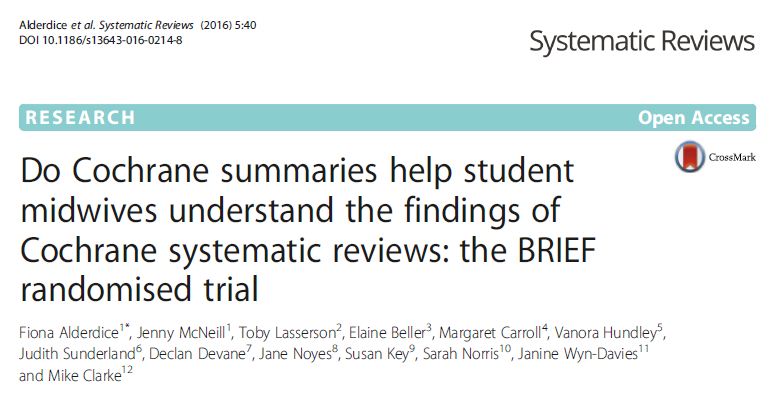 This first week of March has been a good week for FHSS publications. On March 1st CMMPH Prof. Vanora Hundley published her collaborative paper ‘Do Cochrane summaries help student midwives understand the findings of Cochrane systematic reviews: the BRIEF randomised trial’.[1] With colleagues based across the UK and Ireland she surveyed over 800 midwifery students at nine universities. This results of the study can be found in the journal
This first week of March has been a good week for FHSS publications. On March 1st CMMPH Prof. Vanora Hundley published her collaborative paper ‘Do Cochrane summaries help student midwives understand the findings of Cochrane systematic reviews: the BRIEF randomised trial’.[1] With colleagues based across the UK and Ireland she surveyed over 800 midwifery students at nine universities. This results of the study can be found in the journal 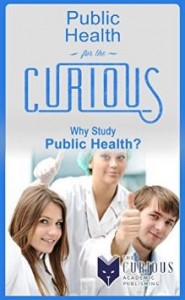 The second FHSS publication is a chapter in a Kindle book on the Importance of public health in low- and middle- income countries, written by Dr. Puspa Raj Pant,CMMPH’s Prof. Edwin van Teijlingen, and BU Visiting Faculty Prof. Padam Simkhada.[2] Padam Simkhada is Professor of International Public Health and Associate Dean (Global Engagement) for the Faculty of Education, Health and Community at Liverpool John Moores University. The chapter is part of the Kindle book with the long title: Public Health for the Curious: Why Study Public Health? (A Decision-Making Guide to College Major, Research & Scholarships, and Career Success for the College Students and Their Parents) edited by Richard Lee Skolnik from Yale University, USA.
The second FHSS publication is a chapter in a Kindle book on the Importance of public health in low- and middle- income countries, written by Dr. Puspa Raj Pant,CMMPH’s Prof. Edwin van Teijlingen, and BU Visiting Faculty Prof. Padam Simkhada.[2] Padam Simkhada is Professor of International Public Health and Associate Dean (Global Engagement) for the Faculty of Education, Health and Community at Liverpool John Moores University. The chapter is part of the Kindle book with the long title: Public Health for the Curious: Why Study Public Health? (A Decision-Making Guide to College Major, Research & Scholarships, and Career Success for the College Students and Their Parents) edited by Richard Lee Skolnik from Yale University, USA.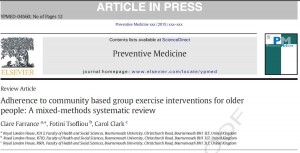
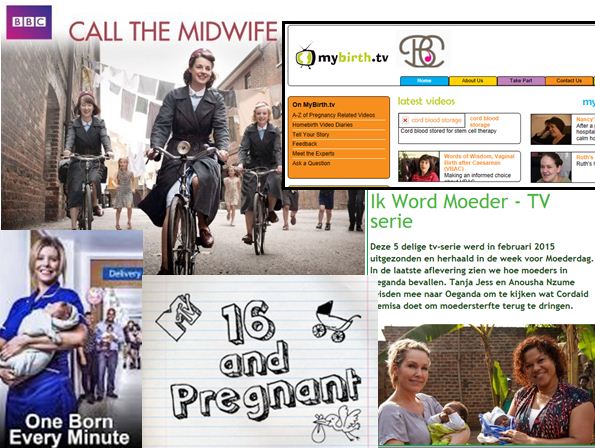
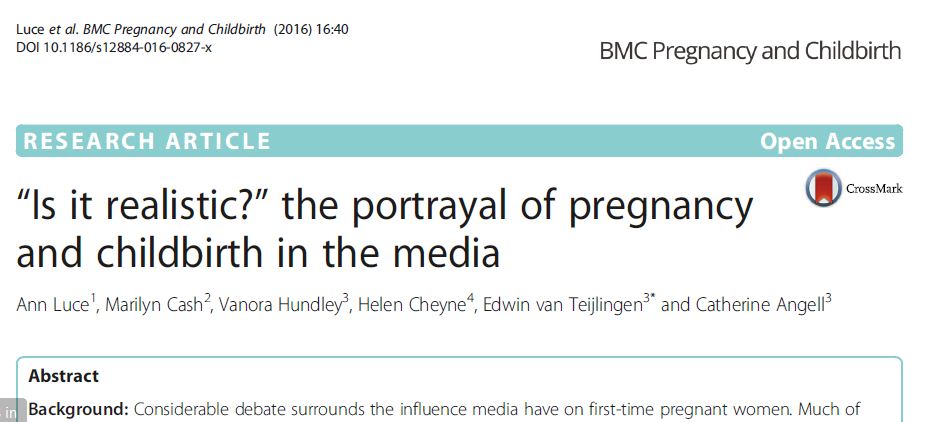
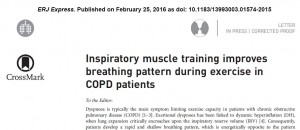


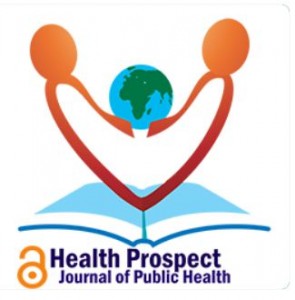
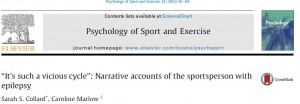
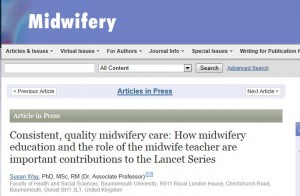

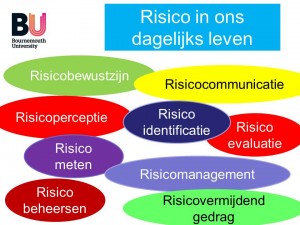

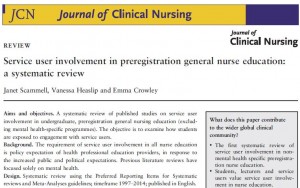
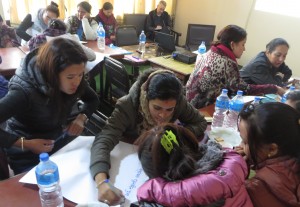
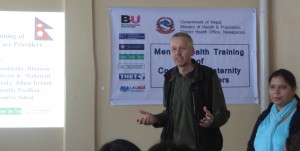

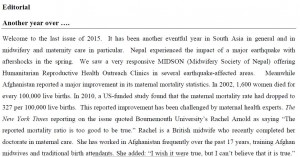


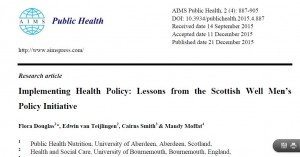



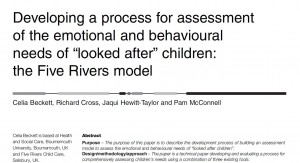











 SPROUT: From Sustainable Research to Sustainable Research Lives
SPROUT: From Sustainable Research to Sustainable Research Lives BRIAN upgrade and new look
BRIAN upgrade and new look Seeing the fruits of your labour in Bangladesh
Seeing the fruits of your labour in Bangladesh Exploring Embodied Research: Body Map Storytelling Workshop & Research Seminar
Exploring Embodied Research: Body Map Storytelling Workshop & Research Seminar Marking a Milestone: The Swash Channel Wreck Book Launch
Marking a Milestone: The Swash Channel Wreck Book Launch ECR Funding Open Call: Research Culture & Community Grant – Application Deadline Friday 12 December
ECR Funding Open Call: Research Culture & Community Grant – Application Deadline Friday 12 December MSCA Postdoctoral Fellowships 2025 Call
MSCA Postdoctoral Fellowships 2025 Call ERC Advanced Grant 2025 Webinar
ERC Advanced Grant 2025 Webinar Update on UKRO services
Update on UKRO services European research project exploring use of ‘virtual twins’ to better manage metabolic associated fatty liver disease
European research project exploring use of ‘virtual twins’ to better manage metabolic associated fatty liver disease